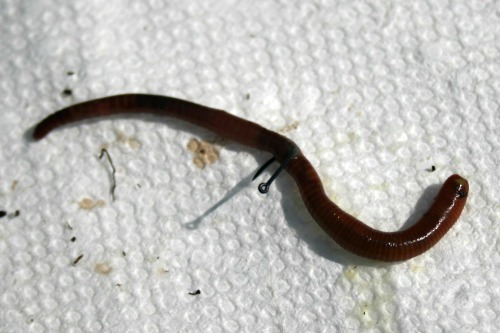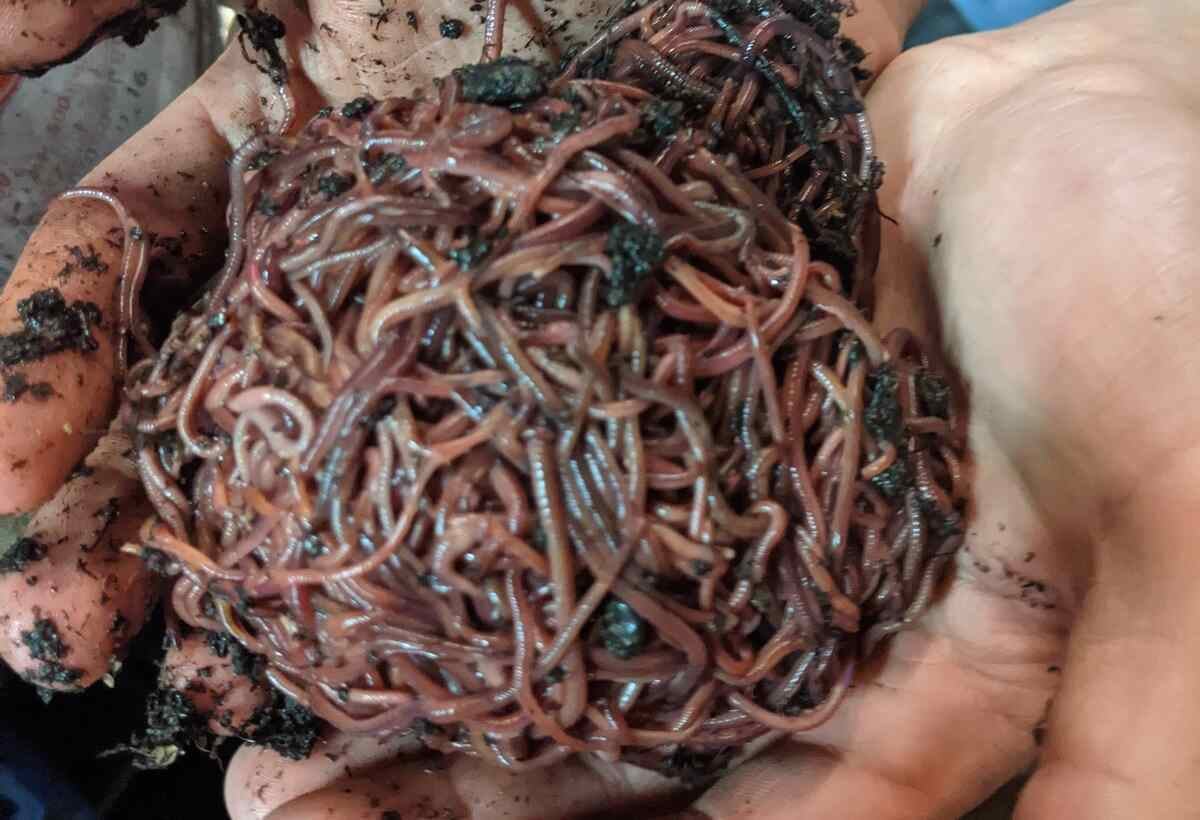Red Wigglers 101: Whatever You Need to Know for Thriving Gardens
Red wigglers, or Eisenia fetida, play an essential function in lasting horticulture methods, serving as effective decomposers that convert organic waste into useful vermicompost. Recognizing their environment, nutritional choices, and the myriad benefits they offer can transform your horticulture approach (Red Wiggler Express). As these worms prosper in certain conditions, their care and management are necessary for maximizing their contributions to dirt health. The question remains: what actions can you require to harness the full possibility of these remarkable microorganisms in your very own garden?
Recognizing Red Wigglers

Red wigglers grow in environments rich in natural material and wetness. Red Wiggler Express. They have a distinct digestive system that permits them to process food scraps promptly, excreting castings that are loaded with essential nutrients such as nitrogen, phosphorus, and potassium. These spreadings boost dirt structure, improve water retention, and foster helpful microbial activity, all of which contribute to robust plant health and wellness
Furthermore, red wigglers can survive in diverse problems, making them adaptable to numerous horticulture practices, including indoor and outside composting systems. Their capability to consume huge amounts of natural waste daily placements them as important allies for both home garden enthusiasts and business farmers. By including red wigglers into gardening initiatives, one can considerably boost soil fertility and support lasting horticulture techniques.
Perfect Environment for Red Wigglers
Producing an optimal atmosphere for red wigglers is important for maximizing their composting capabilities and overall wellness. Red wigglers flourish in damp, dark, and well-aerated environments, which closely resemble their natural surroundings in fallen leave trash and decomposing raw material. An appropriate environment needs to provide a temperature range in between 55 ° F and 77 ° F(13 ° C to 25 ° C), as severe temperature levels can stress or damage the worms.
The bed linen material, such as shredded paper, cardboard, or coconut coir, must be kept wet however not overly wet, as too much dampness can lead to anaerobic conditions destructive to worm health and wellness. Additionally, a pH level in between 6.0 and 7.5 is perfect, making sure a balanced setting.
Appropriate oygenation is equally crucial; it permits oxygen blood circulation and stops the accumulation of unsafe gases. A container or bin developed for vermicomposting should have drain openings to remove excess moisture and promote airflow. Normal monitoring of these conditions is crucial for maintaining a prospering red wiggler population, inevitably improving their efficiency in damaging down natural waste and enhancing garden soil.
Dietary Needs and Preferences

Red wigglers display certain choices; they are specifically keen on softer, decaying products over more difficult or more coarse compounds. It is necessary to stay clear of feeding them citrus peels, onion, and garlic in huge quantities, as these can be harmful. Furthermore, meat, dairy products, and oily foods need to be left out, as they can draw in pests and produce undesirable odors.
Advantages of Making Use Of Red Wigglers
The exceptional benefits of utilizing red wigglers in gardening extend far beyond their duty in composting. These functional microorganisms add substantially to dirt health and wellness, improving vitamins and mineral schedule and promoting microbial task. By aerating the soil as they delve, red wigglers boost water drainage and origin penetration, creating an optimal setting for plant development.
Furthermore, red wigglers are efficient recyclers of natural waste, converting it into nutrient-rich spreadings that act as a superb all-natural fertilizer. These spreadings consist of beneficial microbes and vital nutrients, such as nitrogen, phosphorus, and potassium, which are important for plant growth. The slow-moving launch of nutrients from worm spreadings guarantees a stable supply, minimizing the danger of nutrient leaching and promoting lasting gardening techniques.
Utilizing red wigglers promotes an extra sustainable gardening technique by reducing dependence on chemical fertilizers and advertising a closed-loop system, where waste is changed right into beneficial resources. Generally, including red wigglers into gardening practices provides a multitude of environmental and farming benefits.
Composting With Red Wigglers

To launch an effective vermicomposting system, pick a suitable container with correct ventilation and drainage. The suitable environment for red wigglers includes a damp, dark setup with temperatures between 55 ° F and 77 ° F. Begin by layering shredded paper, cardboard, and food scraps, making sure a well balanced mix of carbon and nitrogen-rich materials.
Red wigglers thrive on vegetable peels, fruit scraps, coffee premises, and eggshells, while staying clear of meat, dairy, and oily foods that can draw in parasites. Routinely keep track of wetness degrees; the bed linens must be wet but not soggy. Harvest worm spreadings every few months by separating the worms from the compost, which can after that be made use of straight in yards or saved for later usage.
Carrying out vermicomposting not just reduces landfill waste but also enriches yard soil, promoting healthy and balanced plant growth and sustainable gardening practices. Accept this green method to boost your horticulture undertakings.
Conclusion
In recap, red wigglers are crucial microorganisms for enhancing yard productivity via reliable composting. By making use of red wigglers, garden enthusiasts can substantially enhance dirt high quality and nutrient availability, cultivating much healthier plant growth.
Comments on “Red Wiggler Express: A Preferred Name for Worms and Fishing Essentials”